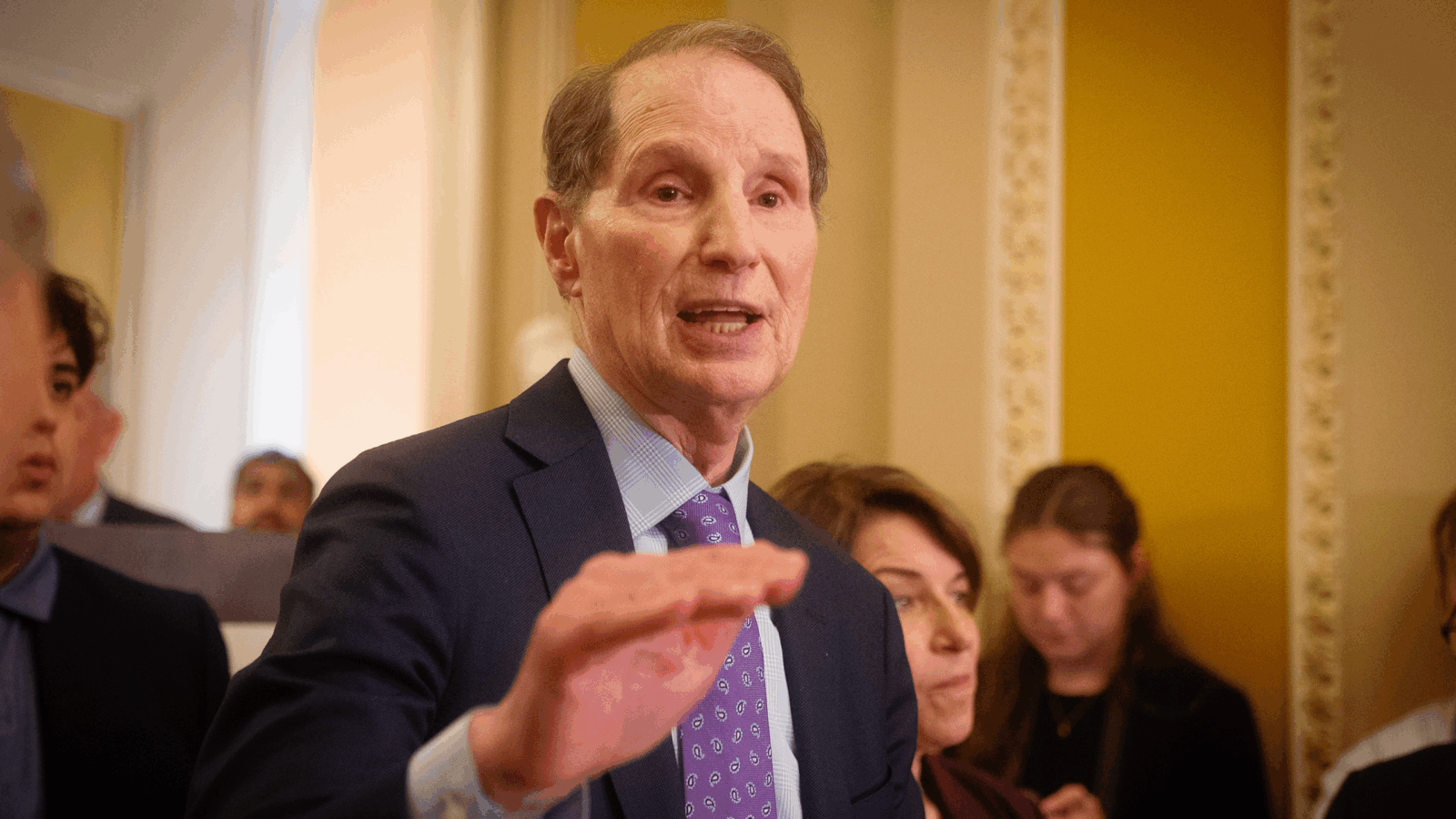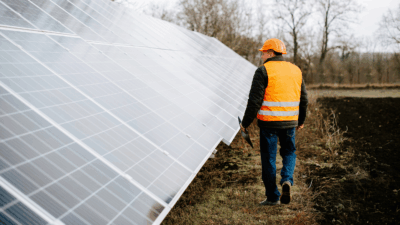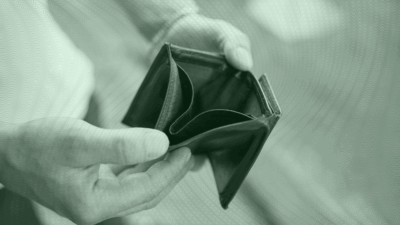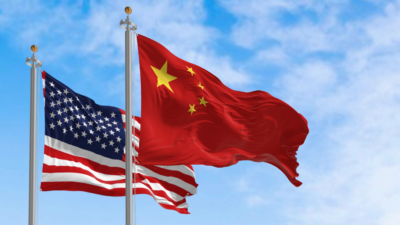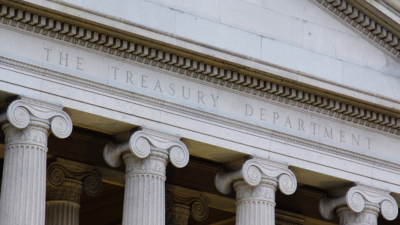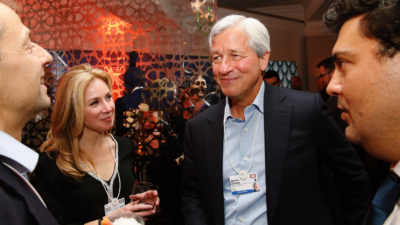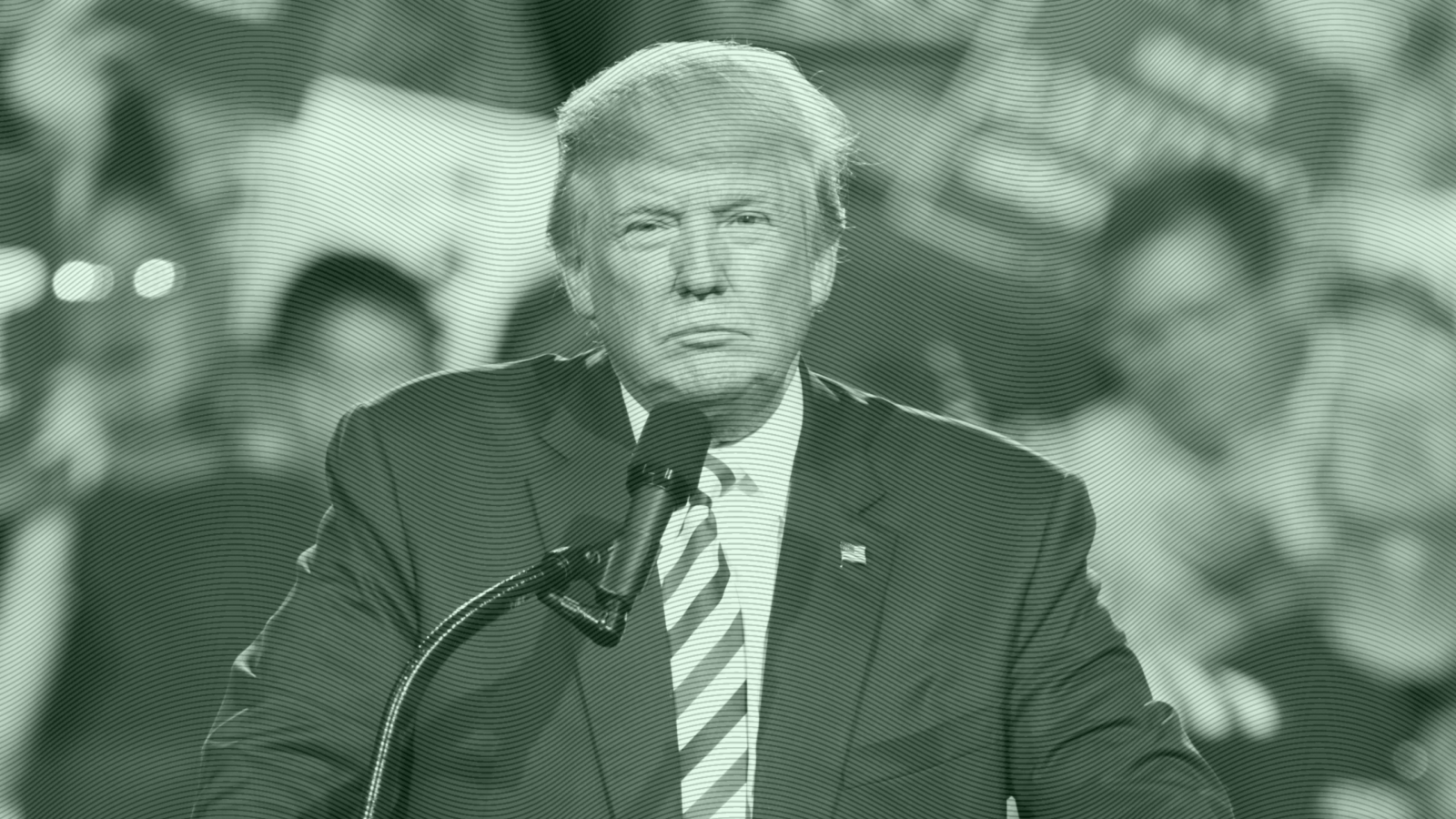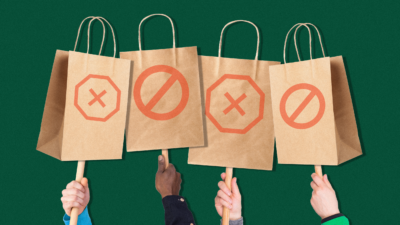Harris and Trump Agree That Tips Shouldn’t Be Taxed
Kamala Harris supports eliminating federal taxes on tips for service and hospitality workers, which Donald Trump also supports.

Sign up for smart news, insights, and analysis on the biggest financial stories of the day.
It’s maybe the one thing they can agree on, but economists hate it anyway.
Vice President Kamala Harris announced Monday that she supports eliminating federal taxes on tips for service and hospitality workers, something former President Donald Trump also supports — he’s now accused her of idea-stealing. But most economists think the idea could short-change Americans and their government.
Change You Can Believe In
Trump has been campaigning on the idea of “no tax on tips” since June, and last month Texas GOP Sen. Ted Cruz introduced a bill to implement the idea with the support of Nevada Democratic Sens. Catherine Cortez Masto and Jacky Rosen. The appeal of such a populist policy for politicians makes perfect sense: The US had over 24 million people in service occupations as of 2022, according to US Census data.
Politicians, including Harris, have stressed that any new rules would come with income limits and prevent the likes of lawyers and hedge fund managers from structuring their pay to benefit, but this hasn’t satisfied economists. “How will we prevent investment bankers, say, from getting tips?” asked tax law expert Steve Rosenthal, a senior fellow at the Urban-Brookings Tax Policy Center, in an interview with NPR. “And if we impose income limits, well, wouldn’t we expect low-paid workers just to demand a tip rather than compensation?” There’s a litany of other concerns:
- The federal government will lose income. Some 6 million hospitality workers reported $38.3 billion in tipped income in 2018, according to the most recent available IRS data.
- A uniform national ban would disproportionately benefit service workers in states where they are allowed to work for a reduced minimum wage, such as Tennessee or South Carolina. Workers in states with a higher minimum wage, like California and New York, where tips make up a smaller percentage of their income, would benefit less.
What Happens in Vegas: Trump and Harris both announced their no-taxes-on-tips pledge in Nevada, the state with the largest share of service workers in America — 22.9% of the state workforce was in leisure and hospitality as of June, according to the Nevada Department of Employment. However, a June study by Yale University’s Budget Lab found that just 2.5% of workers nationally would benefit from the policy.
